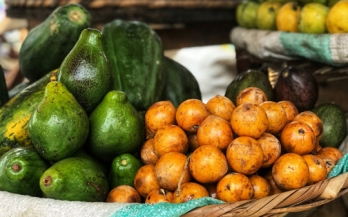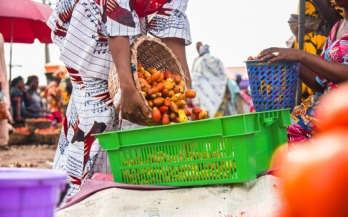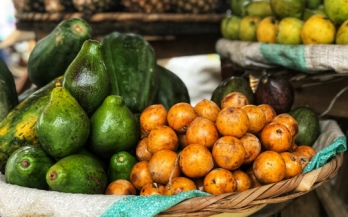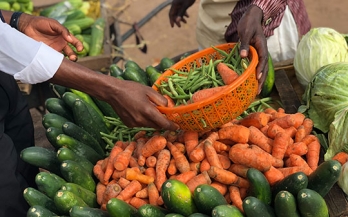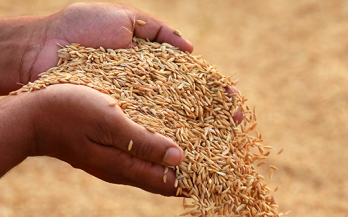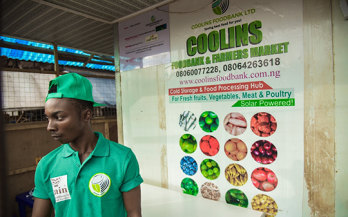- 17/12/2020
This document is an Addendum to the Global Options Paper, Weathering the Pandemic to Build Back Better: Options for Supporting SMEs in Low- and Middle-Income Countries. The Global Options Paper is a rapid review and analysis of the challenges facing agri-food SMEs.
- 27/01/2021
Reduction of post-harvest loss could have a major positive impact on increasing the affordability and accessibility of nutrient-dense fresh fruits and vegetables, particularly in low- and middle-income countries. While technologies to do so exist, their financial viability for the firms that would need to adopt them has not always been clear.
- 11/01/2021
The COVID-19 pandemic is a multiplier of vulnerability, compounding threats to food security and nutrition (FSN), while exposing weaknesses in food systems. This report summarises the current situation of Nigerian food systems amidst COVID-19 with a special emphasis on small and medium-sized enterprises (SMEs) and how nutritious foods value chains are changing.
- 20/12/2020
During program startup in Nigeria, EatSafe identified and gauged stakeholders’ interest and influence in food safety. EatSafe then convened a series of events to engage these stakeholders at local and national levels prior to intervention implementation.
- 14/12/2020
EatSafe evaluated the regulatory and policy landscape for food safety in Nigeria at the national and regional levels, which included a stakeholder mapping exercise and resulted in recommendations for strengthening implementation.
- 02/12/2020
The COVID-19 pandemic is a multiplier of vulnerability, compounding threats to food security and nutrition (FSN), while exposing weaknesses in food systems. In response, the Global Alliance for Improved Nutrition (GAIN) developed the Keeping Food Markets Working (KFMW) programme to provide targeted support to help sustain core food systems, workers, and markets during the COVID-19 emergency.
- 24/11/2020
The Commercialisation of Biofortified Crops (CBC) Programme was launched in 2019 to address widespread hidden hunger in Africa and Asia by significantly expanding the reach of foods and food products made with biofortified staple crops.
- 09/10/2020
Although eggs are highly nutritious, they remain scarce and relatively expensive in many low-income settings, including across many of the countries where GAIN operates. Moreover, they are only rarely consumed by children in many regions. Globally, the average egg supply is around 3.5 eggs per person per week.
- 08/10/2020
Eggs are a widely available and affordable source of protein, vitamins, and minerals that support growth and development, yet they are not frequently fed to children in Kaduna. The ‘Eggs Make Kids’ campaign was launched by GAIN on World Egg Day in October 2019. Using commercial marketing techniques and insights into consumer behaviour, it aims to create demand for eggs as a nutritious food for children aged six months to five years.
- 29/09/2020
Based on an external assessment, this working paper summarises PLAN’s work in Nigeria (N-PLAN) and Indonesia (I-PLAN), impacts to date, and key learnings. The assessment indicated that PLAN has helped create influential networks, allowing diverse stakeholders to work together to address common issues related to post-harvest loss.
